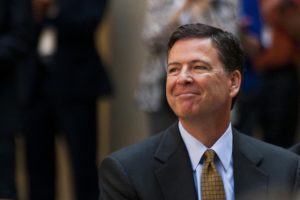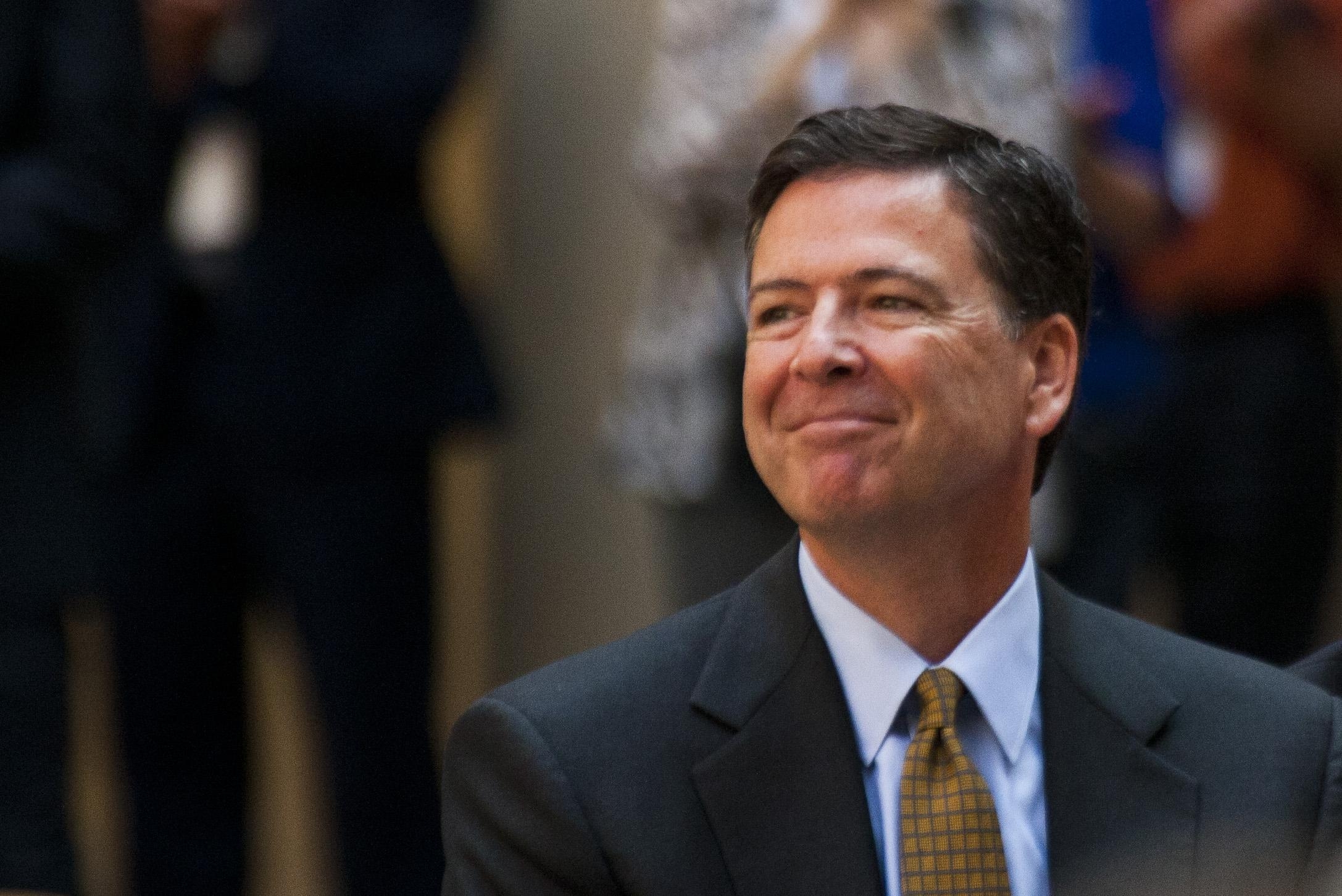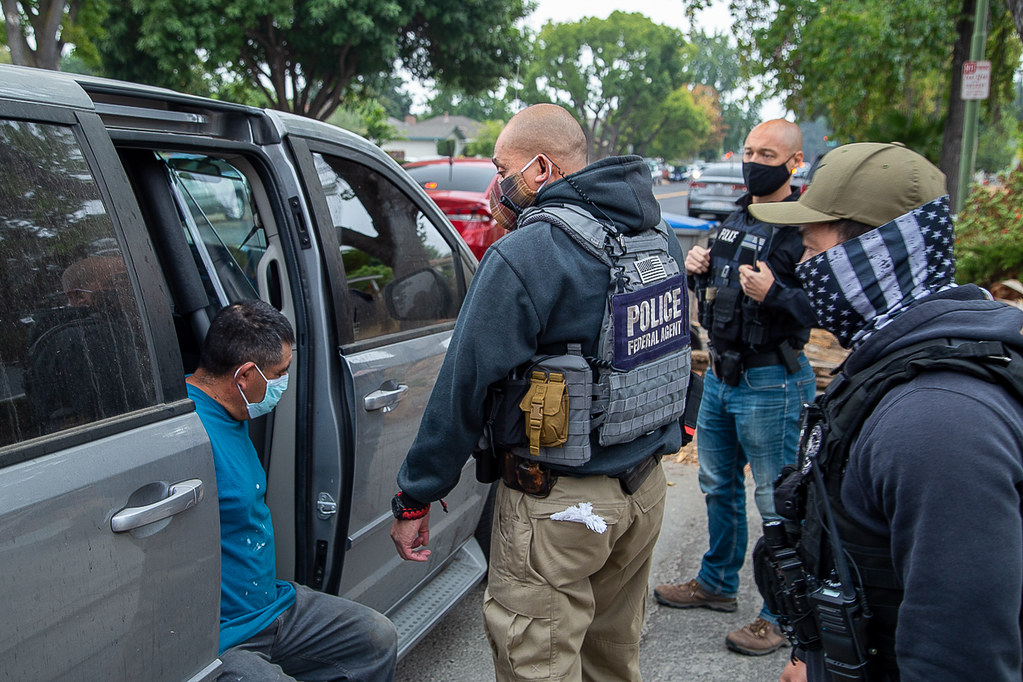
By Steve Neavling
Ticklethewire.com
Fired FBI Director James Comey pulls no punches in his explosive new memoir, portraying Donald Trump as a dangerous, delusional, self-obsessed and chronically dishonest bully whose presidency is a “forest fire” that threatens to undermine the nation’s values and norms.
“This president is unethical, and untethered to truth and institutional values,” Comey writes in “A Higher Loyalty: Truth, Lies and Leadership.” “His leadership is transactional, ego driven and about personal loyalty.”
Comey, who served as FBI director from 2013 until Trump abruptly fired him in May 2017, also explains his handling of the Hillary Clinton investigation and shares details about his upbringing and career at the bureau and Justice Department.
Here are five takeaways from the book, which is scheduled to be released Tuesday.
1. Trump like the mob
Comey likened the president to the mobsters he used to pursue as a federal prosecutor: “The silent circle of assent. The boss in complete control. The loyalty oaths. The us-versus-them worldview. The lying about all things, large and small, in service to some code of loyalty that put the organization above morality and above the truth.”
The president’s chronic dishonesty and bullying, Comey wrote, was central “to the entire enterprise of organized crime on both sides of the Atlantic.”
Comey warned: “We are experiencing a dangerous time in our country,” Comey writes, “with a political environment where basic facts are disputed, fundamental truth is questioned, lying is normalized and unethical behavior is ignored, excused or rewarded.”
2. Trump’s obsession with the “golden showers thing”
Comey wrote that the president asked him four times to discredit the salacious, but unverified dossier in which ex-British intelligence officer Christopher Steele alleged Trump watched prostitutes pee on each other in a Moscow hotel suite.
“‘I’m a germaphobe,'” Comey quoted Trump saying. “‘There’s no way I would let people pee on each other around me. No way.'”
Trump said the claims were distressing to his wife.
“For about the fourth time, he argued that the ‘golden showers thing’ wasn’t true,” Comey wrote, saying Trump asked, “‘Can you imagine me, hookers?'”
3. The president’s “expressionless blue eyes”
During his first in-person session with Trump, Comey recalled the president’s appearance with great attention attention to detail.
“His face appeared slightly orange, with bright white half-moons under his eyes where I assumed he placed small tanning goggles,” Comey wrote, describing Trump as having “expressionless blue eyes” and “impressively coifed, bright blond hair, which upon close inspection looked to be all his.”
Comey wrote that he never saw Trump laugh, which he suggested was a sign of the president’s “deep insecurity, his inability to be vulnerable or to risk himself by appreciating the humor of others, which, on reflection, is really very sad in a leader, and a little scary in a president.”
4. John Kelly calls Trump “dishonorable”
Just minutes after he was fired, Comey said he received “an emotional call” from John Kelly, then the head of Homeland Security and now the White House chief of staff.
During the call, Kelly said he intended to quit in protest because he didn’t want to work for dishonest people, referring specially to Trump.
Comey wrote: “I urged Kelly not to do that, arguing that the country needed principled people around this president. Especially this president.”
5. Comey’s handling of the Clinton probe
In describing in controversial decision to publicly disclose the bureau was re-opening the Clinton investigation just 11 days before the election, Comey said he believed Clinton was going to win because of her favorable polls.
Comey wrote that he often questions whether that assumption influenced his decision to reveal the information.
“It is entirely possible that, because I was making decisions in an environment where Hillary Clinton was sure to be the next president, my concern about making her an illegitimate president by concealing the restarted investigation bore greater weight than it would have if the election appeared closer or if Donald Trump were ahead in all polls. But I don’t know.”
Comey, who told the Senate Judiciary Committee in May 2017 that he felt “mildly nauseous” at the prospect that the disclosure changed the outcome of the election, wrote that he hopes “very much that what we did — what I did — wasn’t a deciding factor in the election.”
About a week after the testimony, Trump fired Comey, prompting Deputy Attorney General Rod Rosenstein to appoint special counsel Robert Mueller.





